Remote Work Best Practices for Leaders:
Boosting Productivity & Employee Engagement

5 BEST PRACTICES TO BOOST ENGAGEMENT & PRODUCTIVITY WITH YOUR REMOTE EMPLOYEES
Written by Ryan P. Collins, MBA, PHR, SHRM-CP
Oct 23, 2023 | Employee Relations
In the ever-evolving world of work, remote work has taken center stage, and leaders play a critical role in making it a success. But how do you, as a leader, keep your remote team engaged, motivated, and productive in a digital landscape? Join us as we explore the best practices for leaders to excel in managing remote employees and teams.
The Rise of Remote Work
Remote work has emerged as a transformative force in the modern workplace landscape, altering the very fabric of how we define work. What was once a sporadic and niche arrangement has now evolved into a defining feature of the contemporary work environment.
The catalyst for this profound shift is multifaceted. Advances in technology, including robust internet connectivity, collaborative software, and cloud computing, have empowered employees to work from virtually anywhere with ease. The COVID-19 pandemic further accelerated this transformation, compelling organizations to embrace remote work as a pragmatic solution to ensure business continuity while safeguarding employee health.
The Data Behind Remote Work
The statistics tell a compelling story: Remote work has grown exponentially. According to FlexJobs, remote work has surged by a staggering 159% over the past 12 years. This growth is not merely a trend; it signifies a fundamental change in how we approach work. As more businesses embrace remote work, it becomes evident that this paradigm is not fading away but is here to stay.
Remote work offers a multitude of advantages for both organizations and employees. It caters to the evolving work-life balance expectations of the workforce, granting employees greater flexibility in managing their professional and personal lives. For businesses, it presents an opportunity to tap into a global talent pool, reduce overhead costs, and create a more agile, resilient workforce.
However, the success of remote work hinges on effective leadership and the implementation of best practices. In this dynamic landscape, leaders play a pivotal role in ensuring that remote teams remain engaged, motivated, and productive. The following best practices are essential for leaders to navigate this new era of work successfully.
Best Practices for Leading Remote Teams
1. Create a Dedicated Workspace
Encourage your remote employees to establish a designated workspace that signals the start of their workday and minimizes distractions. A study by Buffer found that 24% of remote workers struggle with distractions.
2. Set Clear Expectations
As a leader, it's vital to establish transparent guidelines, deadlines, and communication protocols. This reduces ambiguity and enhances accountability, leading to higher productivity. A survey by Owl Labs shows that 67% of remote workers are more productive when clear expectations are set, communicated, and regularly revisited.
3. Foster Communication
In remote work, clear and consistent communication is the linchpin of success. Regular check-ins, team meetings, and one-on-ones ensure everyone stays on the same page. A Gallup survey found that remote workers who had regular communication with their manager felt more engaged.
4. Leverage Technology
Encourage your team to embrace technology tools like project management software, video conferencing, and chat platforms. A study by Gartner predicts that 60% of remote workers will use video conferencing regularly by 2024.
5. Encourage Breaks and Self-Care
As a leader, it's essential to promote the well-being of your remote team. Encourage regular breaks and self-care routines to boost overall productivity and engagement. The University of Warwick found that taking breaks can improve productivity by 13%.
The Impact of Leading Remote Employees Successfully
Implementing remote work best practices isn't just about convenience; it's about fostering productivity and engagement. When remote workers feel supported and engaged, they become more committed and motivated. According to a report by Gallup, engaged remote workers are 21% more likely to be productive.
In conclusion, remote work best practices for leaders are the key to unlocking productivity and employee engagement in the digital age. By adopting these strategies, you, as a leader, can create a remote work environment where your team flourishes. Ready to explore more insights on the world of remote work and leadership's impact on your organization? Join us on Synergy Insight for additional tips and insights.

Authored by
RYAN P. COLLINS, MBA, PHR, SHRM-CP
Principal, Synergy Consulting Group
With more than 10 years of multi-state executive HR leadership experience, Ryan brings a proven track record of transforming routine people operations into a competitive advantage, boosting bottom lines, and molding high-performance cultures. Throughout his career, Ryan has successfully developed and implemented large-scale HR and people operations plans and strategies for both domestic and international organizations, across several industries with 50-5,000 headcount.
As the Principal Consultant at Synergy Group, Ryan directs, manages, and conducts comprehensive employee relations, internal communications, internal crisis management, and workplace investigations consulting for diverse clients across various industries. Leveraging his strategic insights and extensive HR expertise, Ryan advises on and executes high-impact initiatives that enhance workplace harmony, engagement, and productivity.
Ryan holds a Bachelor’s degree in Business and HR Management from the University at Buffalo and an M.B.A. in International Business and HR Management from Medaille College. He then continued to complete two Post-graduate certificates from Cornell University in Employee Relations and Investigations, and Strategic Human Resources Leadership. Ryan is certified as a Professional in HR Management (PHR) by HRCI and a SHRM-Certified Professional (SHRM-CP) with a Specialty Credential in Workplace Investigations, and is also a Certified EEO Investigator with the United States EEOC.

Ready to Work with Synergy?
Schedule a conversation and receive a complimentary Risk & Needs Assessment.
No obligation, no hard sales pitch.





